⚡ The Analog #107: Optical Sorting Machines & Lunar Lander Tech. Developments
November 19th, 2024
We’re back with another engineers and founders dinner — this time in Boston on Thursday, December 12th. Applications are open with limited seats (~30) – hardware engineers, leaders, founders, and investors are all welcome!
Interesting Links 🏭
Building EV motors without rare earth elements. Electric vehicle motor topologies are evolving to reduce reliance on rare earth elements—an important step for U.S. energy independence and stronger domestic supply chains. Permanent-magnet synchronous motors (PMSMs), while efficient, depend on materials like neodymium and dysprosium that are primarily sourced from countries like China creating strategic vulnerabilities (roughly 90% of rare earth metals come from China!). Alternatives such as induction motors used in Tesla's early vehicles eliminate rare earths but offer lower power density and efficiency. Switched reluctance motors (SRMs), known for their simplicity and ruggedness, are gaining attention despite challenges like noise and control complexity. Recent developments like ZF Friedrichshafen AG’s electromagnet-based motor matches PMSM power densities (1.1–3.0 kW/kg) without reliance on foreign-controlled materials.
A technical review of "Survive the Night" development trends by NASA. "Survive the Night" refers to technologies designed to keep lunar landers functioning through the long lunar night. With the Moon's 28-day rotation, most locations experience 14 days of sunlight followed by 14 days of complete darkness and temperatures plunging to -280°F (-173°C)! Funding for these technologies is split into six focus areas (surface power, dust mitigation, extreme environments, etc.) with companies like ispace and Volta Space Technologies recently collaborating on a lunar wireless power solution to tackle this challenge.
Some clever mechanisms in action:
An eerie video showing the first bimanual Torso from Clone. The robotic system is built around a valve-actuated elbow, a cervical spine for the neck, and shoulders modeled after human anatomy. The valve matrix fits compactly inside the ribcage.
Less eerie but equally fascinating: optical sorting machines. These systems use full color RGB cameras to detect objects based on color, shape, or size combined with pneumatic air jets to sort them at incredible speeds (~4,000 lb per hour for medium size applications). On a recent coffee plantation tour, we spotted a Satake FMS 2000 sorter in action.
Reach Power recently demonstrated the world’s first wireless power energy relay node during a contract with the US Air Force. An “energy relay node” is a device that can receive a beam of wireless power and then either actively absorb it or passively redirect it to another node in the network. Reach’s system works without down converting the energy beam into DC, allowing it to realize much higher end-to-end efficiencies.
Methanol, a versatile energy carrier and chemical feedstock, can potentially replace fossil fuels in various applications. The PRIME-Fuel project has secured $3.6 million to develop a microreactor that converts carbon dioxide into methanol using renewable energy sources. The project's goal is to develop a microreactor prototype capable of producing 30 megajoules per day of methanol, with plans to scale up to a 100 MW plant producing 225 tons of methanol daily, reducing associated emissions by over 88%.
Startup News 🚀
Odyssey has raised a $18M Series A round to build visual, generative world-building models for film and gaming. Their system, built by Mosaic, uses a “computer-in-backpack” equipped with six cameras, two lidars, and an IMU to capture precise, physics-accurate depth data. Similar to self-driving car data collection, Odyssey employs a team to map diverse environments—towns, beaches, forests, and even glaciers on foot. Founded by former self-driving car executives, the technical staff includes talent from Cruise, Wayve, Waymo, and Tesla. The round was led by EQT Ventures.
Tozero, a Munich-based battery recycling startup, has raised an €11M seed round (~$11.7M) to scale its proprietary process for recovering raw materials from lithium-ion batteries. The funds will go toward building its first industrial deployment plant. Currently, Tozero’s pilot facility processes nine tons of lithium-ion battery waste daily. The round was led by NordicNinja.
To put the need for lithium recycling in perspective, global demand for lithium is projected to quadruple to 3.1 million metric tons by 2030 (1) driven by the rise of electric vehicles and renewable battery storage systems. Lithium mining currently produces 180,000 metric tons annually.
Forward, a medical care start-up known for its "AI-powered doctor-in-a-box," is shutting down after raising $100M in a Series E fundraising round 12 months prior. Launched in 2016, Forward offered tech-enabled primary care through a $150/month membership. After its latest funding round, the company pivoted to the Carepod: a standalone, automated medical office designed for screenings like full-body scans, heart health, thyroid tests, and diabetes management to name a few. Despite plans to scale to 3,200 Carepods within a year, Forward had only launched five with early units reportedly costing over $1M each to develop. The full story on technical challenges and internal reports from BI here.
General Galactic has raised a $8M seed round to scale up its technology capable of converting carbon emissions into fossil-free natural gas. Their technology uses emissions, water, and renewable electricity to produce renewable hydrocarbon fuels, such as methane, while also generating oxygen as a byproduct. A pilot test demonstrated the system’s ability to produce 2,000 liters of methane/day. The round was led by Harpoon Ventures and Refactor Capital.
Open Jobs 💼
A list of 300+ hardware internships hiring now. You can also find new-grad roles here.
New Grad:
Ample is looking for an Electrical Engineer in San Francisco, CA
Mid-Level:
Aetherflux is looking for an Electrical Design Engineer & Thermal Mechanical Engineer in San Carlos, CA
Form Energy is looking for an Electrical Engineer in Berkeley, CA
Senior to Staff:
Lightship is looking for a Staff Electrical Engineer in San Francisco, CA
Snap is looking for an Electrical Engineer, Power Integrity in Los Angeles, CA
Juul is looking for a Mechanical Engineer, Advanced Manufacturing in Mountain View, CA
Internships:
Apptronik is looking for a Mechanical Engineering Intern in Austin, TX
Joby Aviation is looking for an Electrical Engineering Intern in San Carlos, CA
Meta is looking for a Thermal Engineering Intern in Menlo Park, CA
Dolby Laboratories is looking for a Big Idea Innovation Intern (Summer 2025) in San Francisco, CA
Want to share an exciting role at your company? Reach out here.
Meet our Sponsors:
Sygma is building the AI assistant for hardware teams - track issues smarter, stay on schedule and on budget, and ship faster.
Doss simplifies your operations by tracking inventory from PO to POS.
SendCutSend manufactures custom sheet metal parts, delivered directly to your door.
FlashPCB provides super-fast PCB assembly by running design rule checks on your board, automatically generating a BOM, and final quotes within minutes.
POP Manufacturing offers rapid prototyping and quick-turn services for FDM, PolyJet, full-color 3D printing, and CNC machining.
Summit Interconnect is a manufacturer of advanced technology printed circuit boards focused on complex rigid, flex and rigid-flex PCBs.
Cofactr is an automated electronic component procurement and inventory management platform.
AllSpice.io is the Git for hardware collaboration platform, connecting native engineering design tools to provide revision control, automation and more.
Partsbox controls your electronic components inventory management software. Keeps track of where your parts are stored, manages BOMs and production.
Looking to get ahead in your career? We offer interviewing resources for engineers!
For all resources available, check out our home page.
Thanks for reading to the end - if you’ve enjoyed the mechanics of these insights, consider sharing this email with a fellow enthusiast!

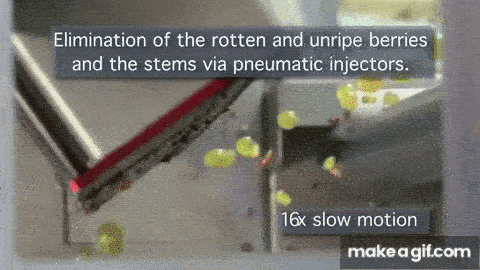



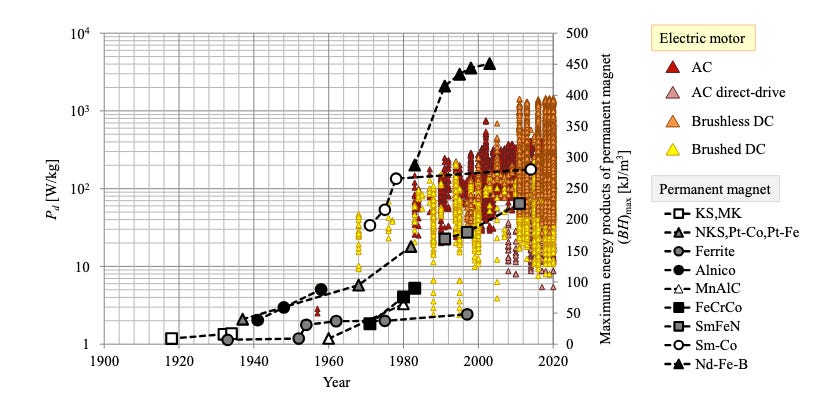
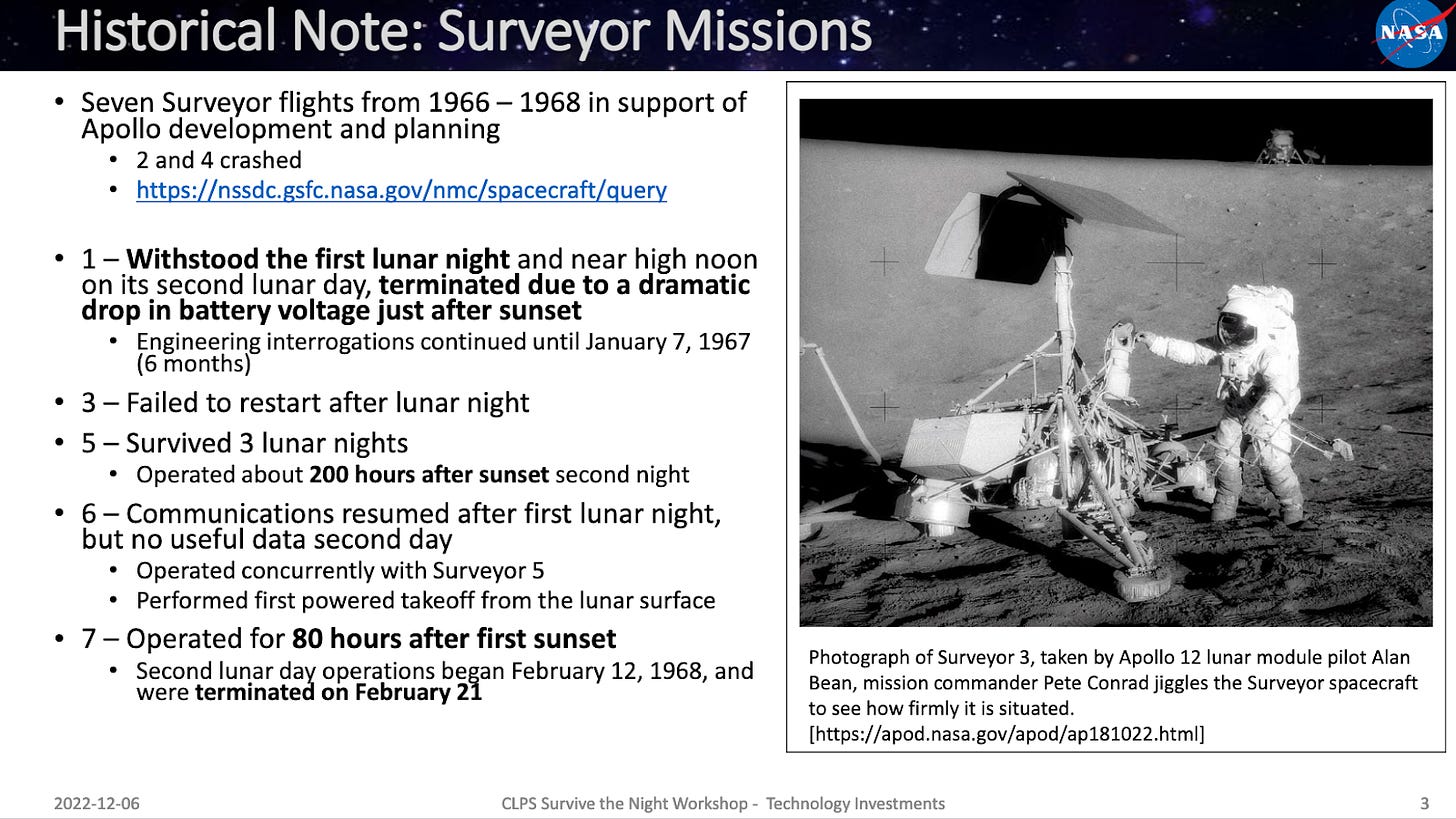
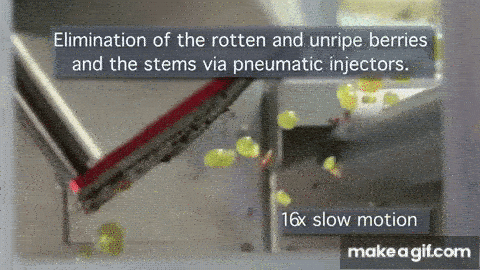

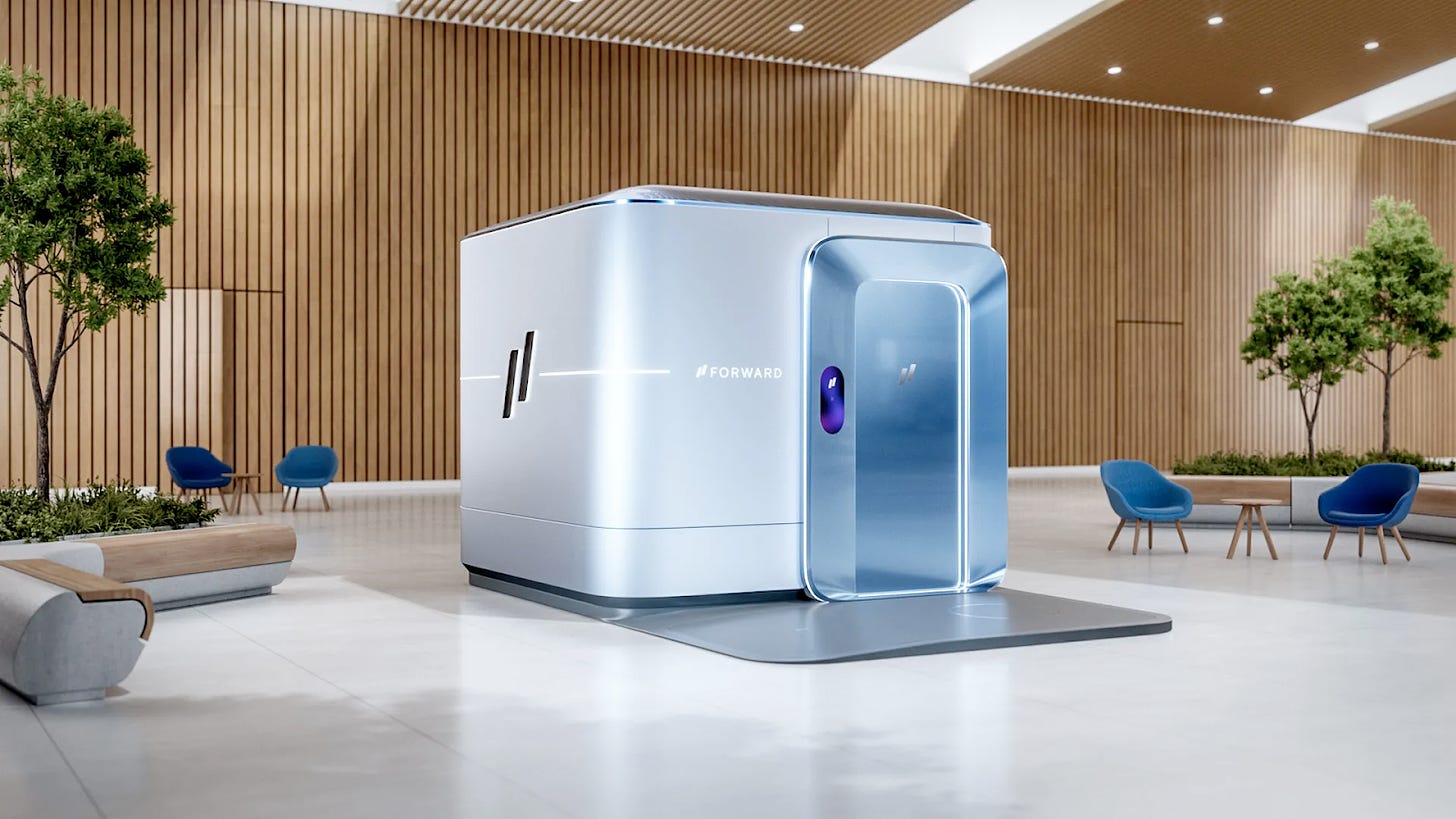
Regarding the collapse of Forward, it's amazing to me to see what is passed off as innovation in medicine. It seems like 90% of US healthcare start-ups are just ways to navigate or circumvent the insurance-regulation complex.
I'd rather see a start-up tackle something super relevant to humans, like chronic back pain or improving bone density and muscle mass in the elderly, but I suppose these are too boring.